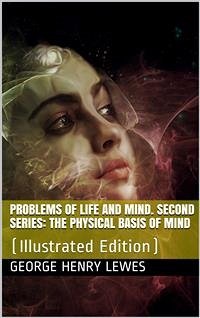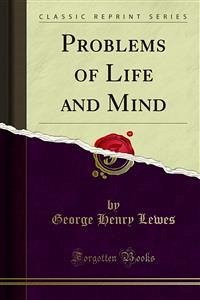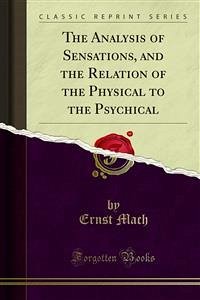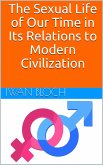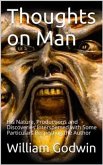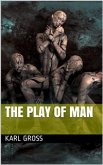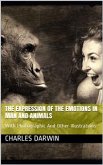The title indicates that this volume is restricted to the group of material conditions which constitute the organism in relation to the physical world—a group which furnishes the data for one half of the psychologist’s quest; the other half being furnished by historical and social conditions.
The Human Mind, so far as it is accessible to scientific inquiry, has a twofold root, man being not only an animal organism but an unit in the social organism; and hence the complete theory of its functions and faculties must be sought in this twofold direction. This conception (which has been declared “to amount to a revolution in Psychology”), although slowly prepared by the growing conviction that Man could not be isolated from Humanity, was first expounded in the opening volume of these Problems of Life and Mind; at least, I am not aware that any predecessor had seen how the specially human faculties of Intellect and Conscience were products of social factors co-operating with the animal factors.
The volume contains four essays. The first, on the Nature of Life, deals with the speciality of organic phenomena, as distinguished from the inorganic. It sets forth the physiological principles which Psychology must incessantly invoke. In the course of the exposition I have incorporated several passages from four articles on Mr. Darwin’s hypotheses, contributed to the Fortnightly Review during the year 1868. I have also suggested a modification of the hypothesis of Natural Selection, by extending to the tissues and organs that principle of competition which Mr. Darwin has so luminously applied to organisms. Should this generalization of the “struggle for existence” be accepted, it will answer many of the hitherto unanswerable objections.
The Human Mind, so far as it is accessible to scientific inquiry, has a twofold root, man being not only an animal organism but an unit in the social organism; and hence the complete theory of its functions and faculties must be sought in this twofold direction. This conception (which has been declared “to amount to a revolution in Psychology”), although slowly prepared by the growing conviction that Man could not be isolated from Humanity, was first expounded in the opening volume of these Problems of Life and Mind; at least, I am not aware that any predecessor had seen how the specially human faculties of Intellect and Conscience were products of social factors co-operating with the animal factors.
The volume contains four essays. The first, on the Nature of Life, deals with the speciality of organic phenomena, as distinguished from the inorganic. It sets forth the physiological principles which Psychology must incessantly invoke. In the course of the exposition I have incorporated several passages from four articles on Mr. Darwin’s hypotheses, contributed to the Fortnightly Review during the year 1868. I have also suggested a modification of the hypothesis of Natural Selection, by extending to the tissues and organs that principle of competition which Mr. Darwin has so luminously applied to organisms. Should this generalization of the “struggle for existence” be accepted, it will answer many of the hitherto unanswerable objections.

